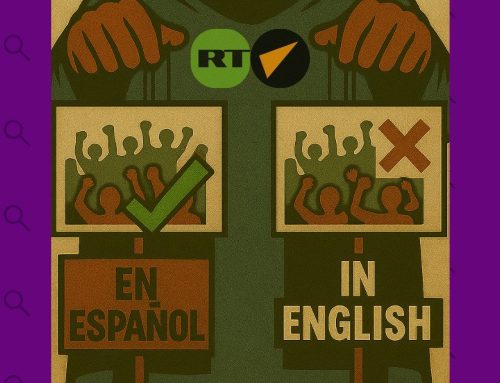Co-Director Zack Cooper and AEI Researcher Aine Tyrrell argue that reciprocity plays into the Chinese Communist Party’s hands in three key ways.
Last week, the State Department designated six media entities operating in the United States as foreign missions effectively controlled by the People’s Republic of China. Several days later, Deputy National Security Advisor Matt Pottinger suggested that that the United States was embracing reciprocity, which he described as “the straightforward idea that when a country injures your interests, you return the favor.”
It is tempting to assert that American policymakers should reset the U.S.-China relationship on reciprocal terms. Ironically, when the U.S. ambassador to China suggested this in an op-ed last month, it was rejected by People’s Daily. Meanwhile, China’s ambassador to the United States publishes frequently in top American newspapers like the New York Times and Washington Post. Of course, neither newspaper is available in China, nor are Twitter, Facebook, Google, or dozens of other American media and social media companies.




